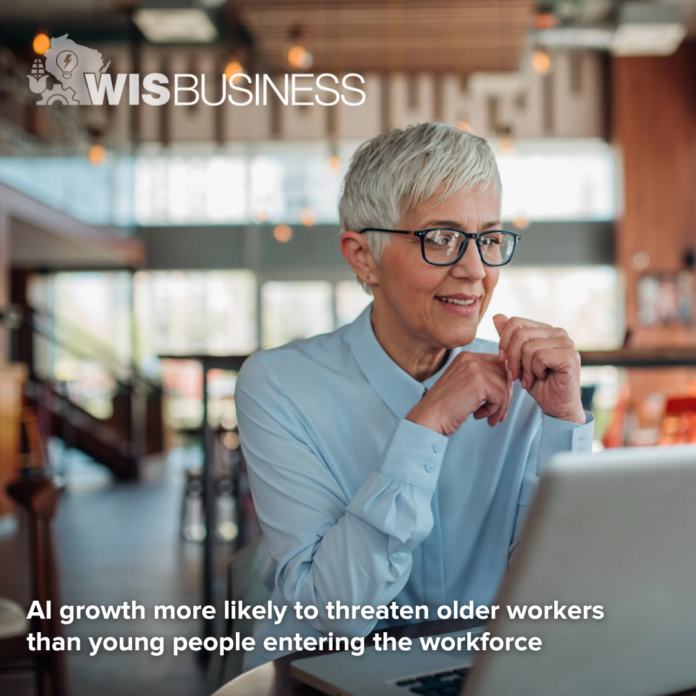AI growth is more likely to threaten those already in the workforce than younger generations who are learning how to use AI before entering the workforce, experts say.
Mike Splinter, a 40-year veteran of the semiconductor industry and co-founder of WISC Partners, and Remzi Arpaci-Dusseau, director of UW-Madison’s School of Computer, Data & Information Sciences made the comments during a Wisconsin Foundation and Alumni Association virtual event last night.
One of the biggest concerns about the impacts of artificial intelligence growth is how it will impact the jobs market. Many contend it will displace entire job sectors and change the entire employment landscape for generations about to graduate college while others argue it’s a key tool to improve efficiency.
Splinter said the biggest issue with job displacement will be for older workers who are unwilling to learn how best to use the growing technology.
“It’s not incoming workers that have the biggest threat; it’s the existing workers that are not AI savvy that are going to be under the biggest threat,” he said. “In organizations, there are going to be people who don’t want to do anything with AI. Those people are going to have the biggest problem and find themselves in job jeopardy over a period of time.”
Younger generations going through school during the AI boom have the chance to weave the new technology into their education.
“Kids coming out of college today are AI savvy, they can probably have AI write code for them, they know how to think about agentic workers and how to supervise them in a way that people who have been doing it one way their whole life [find] is going to be very diffuclt,” Splinter said. “This is unlike other tech revolutions where maybe people just coming into the workforce were at the biggest disadvantage.”
Arpaci-Dusseau said the biggest issue for younger generations is the uncertainty of the job market they’re entering and being unsure of which jobs may be taken over by AI. But they’re better suited to use it as a tool.
“So in science, in almost all fields of inquiry, if you’re adept with what the tools are able to do, you’re going to be better off than somebody who isn’t,” he said.
Arpaci-Dusseau called AI tools “incredible” to help learn faster, but “they’re not perfect.” A strong background of traditional knowledge is essential to using AI to its full potential, he said.
“But if you have some knowledge, and you have deep knowledge in the things that you’ve studied, you can really amplify what you’re doing, much like a bicycle amplifies our ability to move around the world,” he said.
Watch the event.







